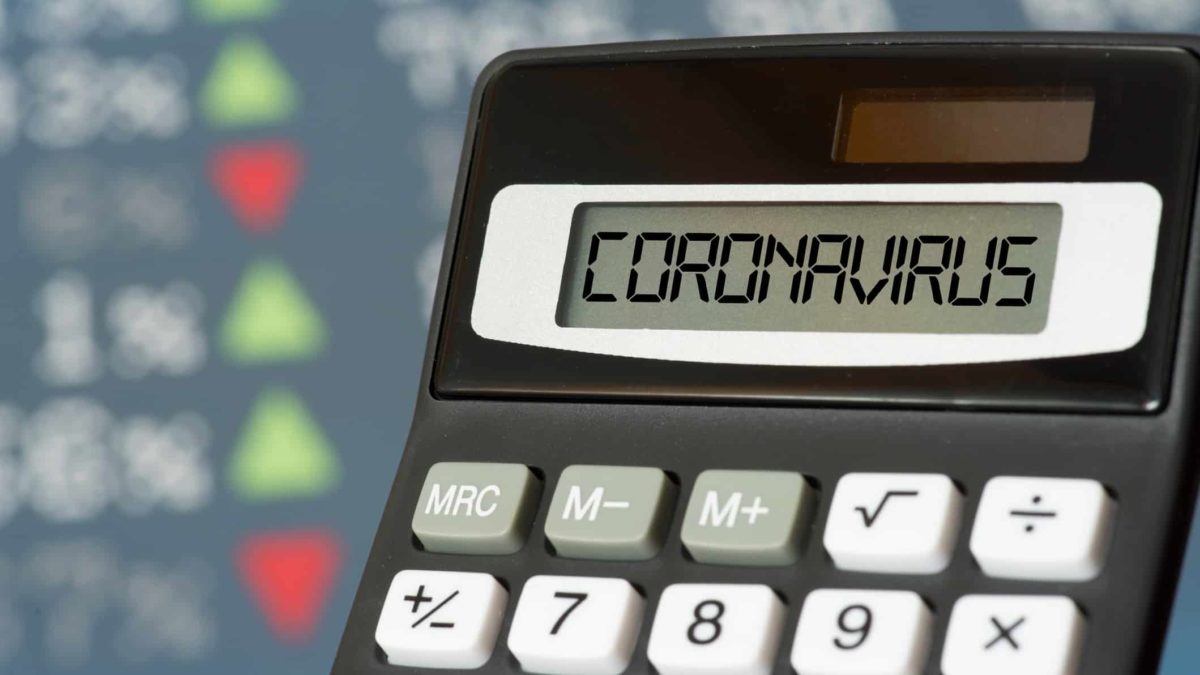Retail investors – ordinary investors like you and I – don't exactly have the best reputation for good investing habits (or returns for that matter).
An article from Forbes reckons the average return for the average retail investor over the 30 years to 2014 was just 1.9% per annum (ouch!). Whilst this statistic is a little dated now, I doubt this metric would have substantially improved by 2020.
So why can't normal, everyday retail investors get a long-term rate of return that's barely above what a bank account pays each year? If those same investors invested in a simple index fund like the SPDR S&P/ASX 200 Fund (ASX: STW), they instead would have enjoyed an average annual return of 7.25% that the fund has provided since its inception in 2001.
Why are retail investors so bad at investing?
Well, in my view it's because retail investors aren't too good at that paramount principle of good investing: 'buy low, sell high'. Inexperienced investors tend to let their emotions get the better of them when it comes to the markets. They might panic and sell out of their shares at or near the bottom of a market crash. They then might only feel brave enough to reenter the market once the 'bottom' has well and truly passed – missing out on the gains in the meantime.
Following this kind of path is a great way to get an average return of 1.9% per annum.
A changing paradigm?
According to reporting in Monday's Australian Financial Review (AFR), the S&P/ASX 200 Index (ASX: XJO) market crash we saw back in March has turned this paradigm on its head. The AFR reports that retail investors were, in fact, net buyers of Australian shares (meaning they bought more shares than they sold) between mid-February and May, to the tune of around $9 billion in total.
In contrast, it was institutional investors (fund managers and the like) who were hitting the sell buttons over the crash, with net sales of approximately $11 billion.
The AFR quotes corporate advisory firm Vesparum Capital's founder, Timothy Toner, as stating: "This is very abnormal… During the GFC there were some similarities but nothing like what we've seen during COVID-19 in terms of the striking differences between the two classes of investor [retail and institutional]."
So retail investors seem to have smartened up since the carnage that the global financial crisis brought back in 2008 and 2009. Why? It's possible that the bull run in global share markets over the past decade or so has trained investors to 'buy the dips', safe in the knowledge that the markets will soon recover.
Foolish takeaway
Remember, the crash and bear market we saw in February, March and April was one of the steepest and most rapid in history. It's only been around 5 months since the last peak, in mid-February, and yet the ASX 200 is around 32% above its March lows. In contrast, the bear market that the GFC brought us lasted almost 2 years. If retail investors' patience was tested to that extent, rather than a 'flash crash', we might have seen a different story. Food for thought!








